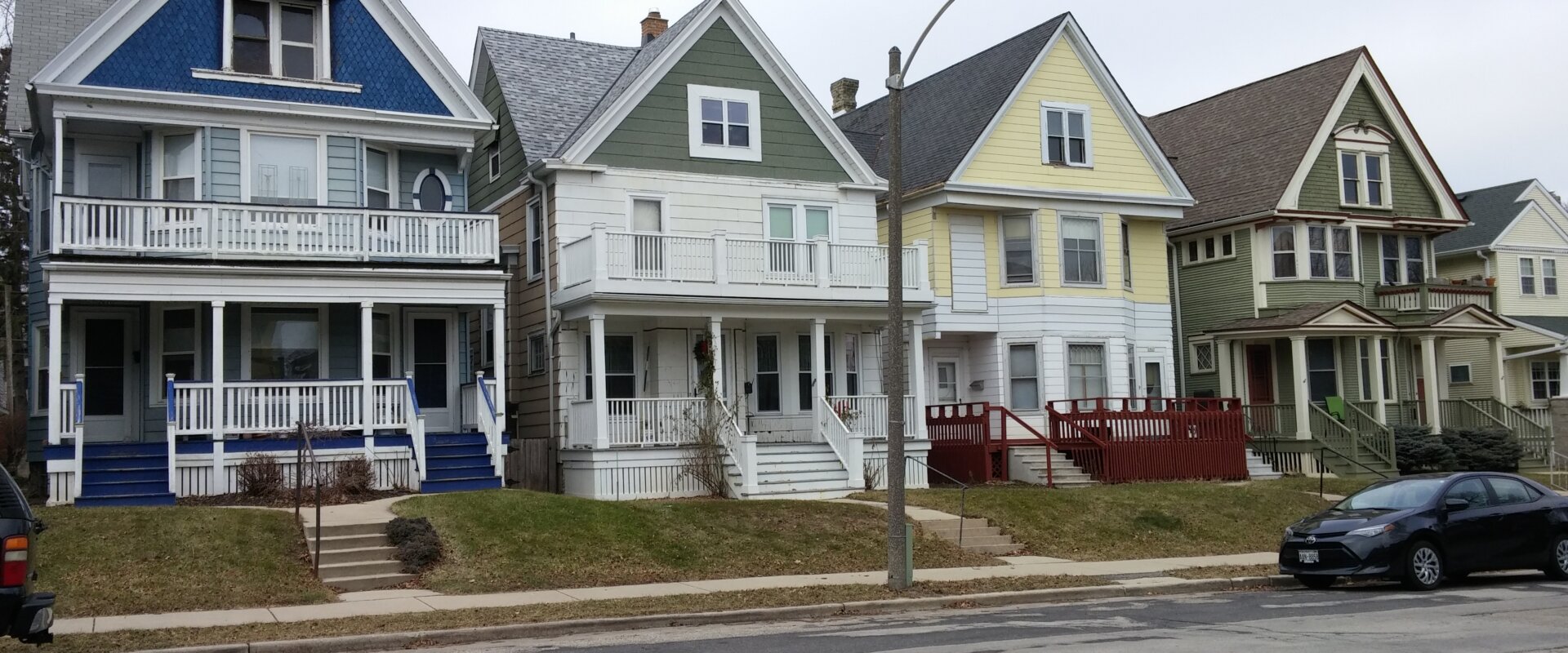As we touched on last week, the foreclosure process can be scary, daunting, and confusing to navigate, but you don’t have to go through it alone. It is important to educate yourself and use every tool at your disposal to give yourself the best chance when dealing with a foreclosure. Let’s walk through the process and options below.
Understanding the foreclosure process in WI is a big part of managing your own home foreclosure situation smoothly. But before we jump into the details, let’s break down what foreclosure actually means.
Understanding the Foreclosure Process in WI
What is foreclosure anyway?
Foreclosure is the legal process that lenders use to take back property securing a loan, usually after the borrower stops making payments.
Facing foreclosure can feel pretty overwhelming. But it’s important to know that it’s not the end of the world.
When you know how foreclosure in WI works… it gives you the tools to handle it well and come out okay on the other side.
The Basic Stages of A Foreclosure
Now, let’s talk about the different phases of foreclosure. There are a few key stages to be aware of, and it’s worth noting that the process can vary from state to state.
States usually handle foreclosure in one of two main ways: through judicial sale or power of sale.
If you’re feeling a bit lost in all of this, don’t worry, we’re here to help. Connect with us by calling (920) 851-9727 or through our contact page to have us walk you through the specific foreclosure process here locally in Milwaukee.
In either scenario, foreclosure typically doesn’t go to court until 3-6 months of missed payments have elapsed. Usually (but not always), a lender will send out many notices that you are in arrears – overdue or behind in your payment.
Regardless of whether it’s judicial or non-judicial, foreclosure usually doesn’t get to the court stage until you’ve missed payments for about 3-6 months. During this time, your lender will likely send you multiple notices reminding you that you’re behind on payments.
Under Judicial Foreclosure:
- Your mortgage lender must file suit in the court system.
- You’ll get a letter from the court demanding payment.
- Assuming the loan is valid, you’ll have a 30-day window to bring payment to court to avoid foreclosure (and sometimes that can be extended).
- Failure to pay during this period results in a judgment being entered, enabling the lender to request the property’s sale – typically through an auction.
- Once the property is sold, the sheriff serves an eviction notice and forces you to immediately vacate the property.
Under Power of Sale (or Non-Judicial Foreclosure):
- The mortgage lender serves you with payment demands, with no court involvement necessary, although the process may be subject to judicial review.
- After the specified waiting period has elapsed, a deed of trust is prepared and control of your property is transferred to a trustee.
- The trustee can then sell your property to the lender at a public auction (notice must be given).
All parties with an interest in the property must be notified during either type of foreclosure.
For instance, any contractors or banks with liens against the foreclosed property are entitled to collect from the auction proceeds..
What Happens After A Foreclosure Auction?
Well, if the sale covers your loan amount, great. But if it doesn’t, you might end up with something called a deficiency judgment.
A deficiency judgment involves the bank obtaining a judgment against the borrower for the remaining funds owed on the loan amount post-foreclosure sale.
Some states limit the amount owed in a deficiency judgment to the fair value of the property at the time of sale, while others allow the full loan amount to be assessed against the borrower.
Here’s a great resource that lists the state by state deficiency judgment laws, since every state is different.
In a nutshell, it’s best to avoid a foreclosure auction if you can. Instead, consider calling up the bank, or work with a reputable real estate firm like us at Northwoods Property Resources to help you negotiate discounts off the amount owed to avoid having to carry out a foreclosure.
Experienced investors can help you by negotiating directly with banks to lower the amount you owe in a sale – or even eliminate it, even if your home is worth less than you owe.
If you’re in Milwaukee and need to sell your property fast, we’ve got your back. We specialize in buying houses in Milwaukee WI like yours, and we’re here to help you out..
Give us a call anytime (920) 851-9727 or
fill out the form on this website today! >>
Another Foreclosure Resource For Milwaukee WI HomeOwners:

